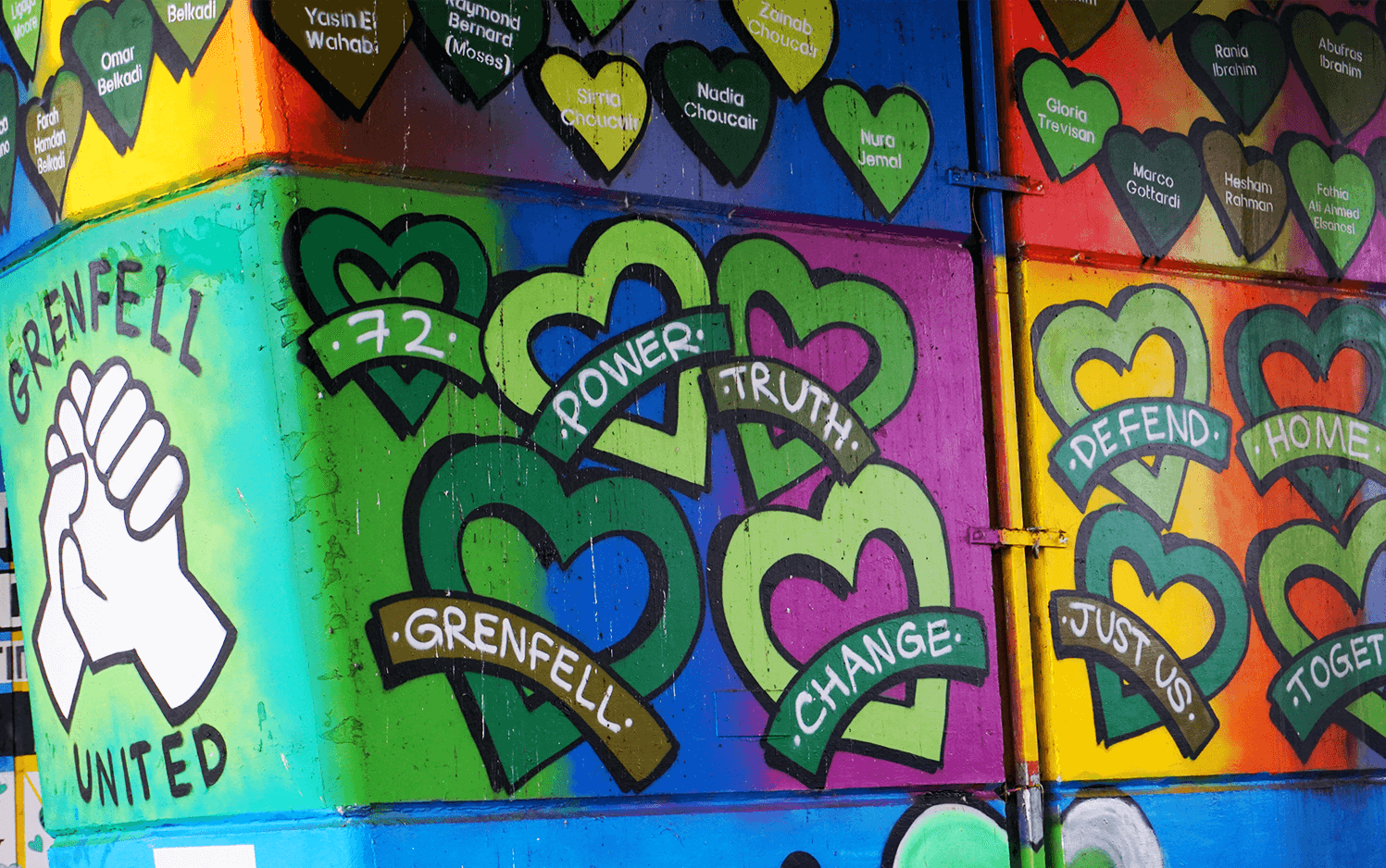We all know from experience that the press and social media will be interested in traumatic events and you may be approached yourself. Please remember that it is always up to you to decide if you want to participate or not.
In the middle of terrible events is never the best time to think things through so we’ve put this sheet together to give you a balanced view on dealing with the media.
The NHS has local media experts you can talk to if you want to do so; we are very experienced and can help you, whatever you decide to do.
The media will be interested in you and your family’s personal story and their questions are often about ‘how you feel.’
Truth is that people feel many things at times of stress and the media will concentrate on one aspect of your feelings – it is unlikely to be a fully rounded description of your experience.
On the other hand, we must recognise that the media have a responsibility to the public to report events quickly and to do so fairly and usually briefly. The journalist is not trying to catch you out but trying to get the best story possible.
Everyone uses social media to tell people about experiences – what you’ve been through, what you’ve seen, offering support and comfort, how to help and this is all good – it keeps those who know you in the loop about where you are and how you’re feeling, and it can increase public knowledge and understanding about events, from real witnesses at the scene.
But it’s also true that other people will use your information for their own ends and when you’re in the heat of the moment you may say more than you intend or later regret.
So here’s some things to think about when you’ve been involved in a traumatic event.
- Journalists who monitor social media can follow-up your posts and though that may sound attractive, it can also put your life into wider arenas which intrude into your personal life or your family or your friends.
- You can also attract trolls; people who draw the most negative conclusions they can, or question your motives that don’t exist or just be plainly unpleasant and abusive, often anonymously too; they can say things like you’re only doing something for money or to abuse the system and so on.
- This is incredibly hurtful – which is what the sender intends – and it will upset you, or make you angry and that’s never the best time to think about what you tell.
- It’s important to realise that the advantages of social media outweigh the disadvantages; you need to keep focussed on the advantages.
- After an upsetting event try to stay off social media in case you say more than you intend because of what you experienced; messaging your story can keep you in the trauma; retelling your story can also bring back bad memories and you can even relive the trauma.
- Your body will naturally help you recover but help yourself too by staying off it for a while or severely restricting it to immediate family and trusted friends, asking them to help you by not passing it on.
- If you get abusive messages, don’t respond or reply but don’t ignore them – delete them and do what you can to block the sender from your feed. Consider reporting hateful and abusive messages to the police and service providers.
- Tell a family member or a close trusted friend who’s a good listener, about it and how it made you feel.
- Remember that the troll doesn’t know you, no matter how much they appear to; they are exploiting your vulnerability.
- Stay in control of your own story – it belongs to you!
